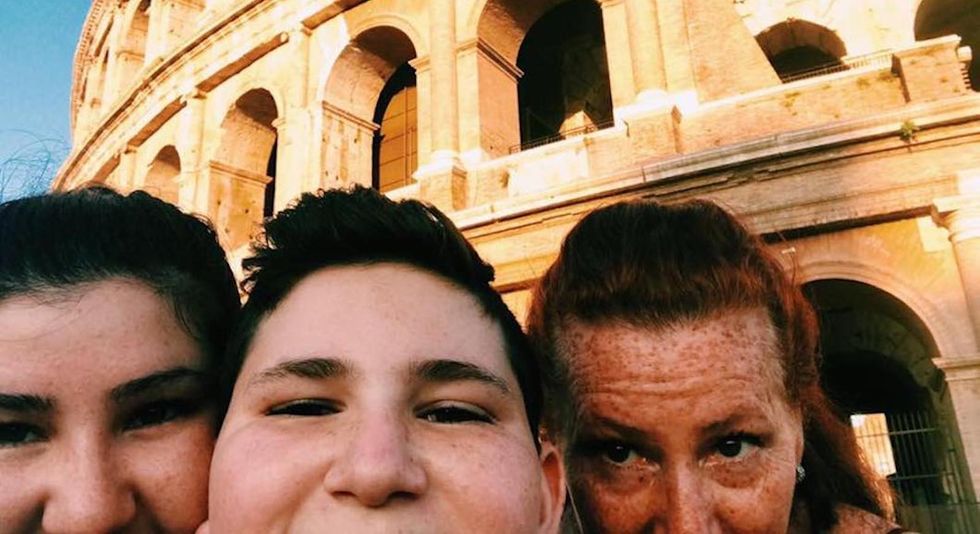Until I was introduced to the concept of nature versus nurture, I never really thought about our thoughts and behaviors as a scientific inquiry.
I always believed that we grow up believing the things that are practiced by our surroundings and by the people we look up to most. But as we grow older and mature, experiencing new and life-changing events and learning more about the world and who we really are, we have the ability to change our beliefs and how we practice them.
Stereotyping – it’s something we’re exposed to from a young age. At some point, we realize that not everyone of a certain race, a certain gender, a certain religion, and so on, is the same. We know that it’s ignorant, yet we still do it.
I fall victim to this too. My parents taught me not to stereotype. They taught me to accept people of all groups, and I do. I have never thought of anyone as less than another because of a specific attribute, yet I am still aware that I subconsciously stereotype. Still, I continue to stop myself before I act in a way that deviates from what I believe.
I never really knew it was like to be an outcast. Even though I am part of communities that are stereotyped against, I am so immersed in and surrounded by them that I don’t often see how I am “different.”
I am a woman who wants to pursue a career in science, I am Jewish, I am overweight, I am white, I am part of a middle-class family, and the list goes on. At first glance, all of these groups seem normal, things that are widely accepted throughout society, yet in many places, they are looked down upon.
Upon this introspection, I came to the realization that we are all stereotyped against, though some of us just pay more attention to it or care more about it than others do. I am one who never really paid attention to it, that is, until my family trip to Italy during the summer of 2017.
Italy has always been my favorite place in the world. Though I had never been, I dreamt of it daily. I have been speaking the language for seven years and continue to practice it throughout my undergraduate education.
During my senior year of high school, I spent a month interning for a middle school Italian teacher in hopes of integrating the culture and language into my life more, and ultimately, I plan on studying abroad in Florence during my junior year of college.
My goal for the trip was to immerse myself in the culture as much as possible, to practice the language that I had been learning for so long and to try to adapt to their way of life. Eventually, I became good at it. I learned how to use the metropolitano, the most popular means of transportation, and before my three weeks in the country were over, I realized that I knew my way around relatively well.
Still, it was obvious that my family was American. Because my mom and brother couldn’t speak Italian, we communicated in English, and because they couldn’t read most of the street signs, we did seem a little lost at times. Yet we tried our best to fit in with the crowd.
For the first time in my life, I felt stereotyped against. While riding on the bus in Rome, my family and I stood as we approached our stop. To my right were two women talking about the “stupid Americans” who were in their way.
Beyond the slew of names that they called my family, I could not help but chuckle at the fact that they did not, for one second, think that maybe my family spoke their language. Maybe it was that they didn’t care, but regardless, I understood every word of that conversation.
I was a little proud of myself. My years of Italian classes paid off, and I would have been able to participate in a native conversation had I been included in it. Little did those women know, though, that my dream was to spend a little time in what they call home, to honor their land and practice their culture because I appreciated it so much.
Regardless, I was an outcast. Because I wasn’t a part of it originally, I was automatically at a disadvantage.
And this is why people are so discouraged from trying to assimilate to and become part of a community that they want to contribute to and learn from. Because they will be made fun of for trying to learn, yet they’re already made fun of for being so different.
Which approach do you take? At the end of the day, is there really any way to win?



















